Find Help
More Items From Ergsy search
-
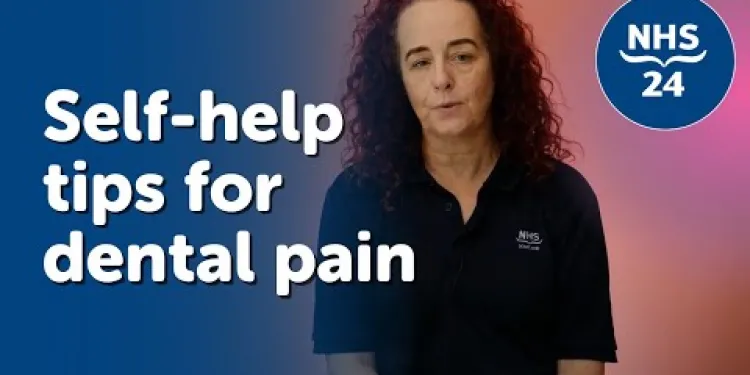
NHS 24 | Self-help tips for dental pain
Relevance: 100%
-
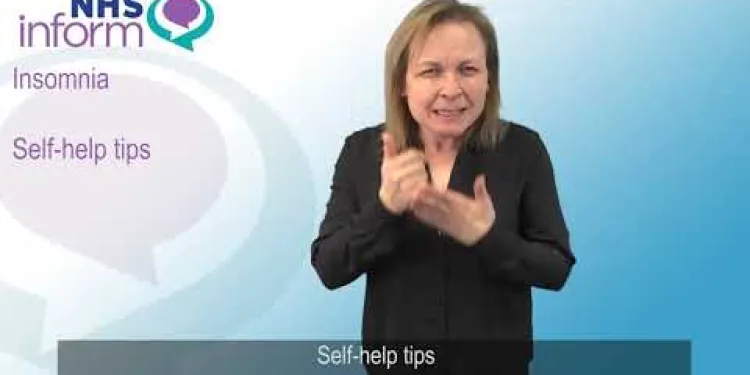
BSL - Insomnia self-help tips
Relevance: 57%
-
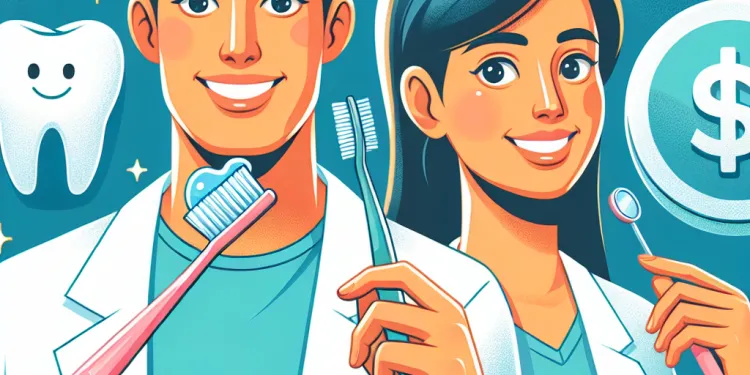
Dental Health: Tips for All Ages
Relevance: 53%
-
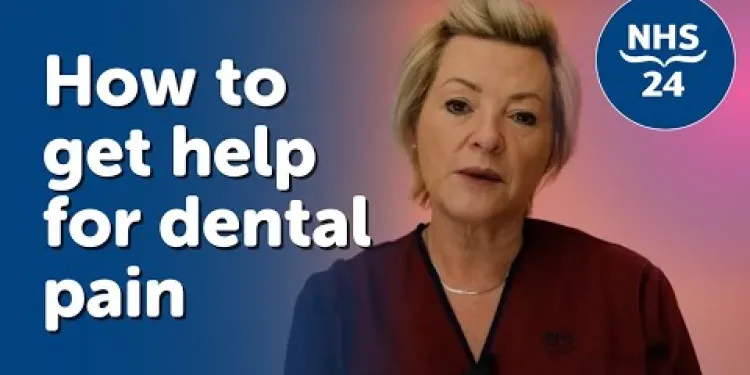
NHS 24 | How to get help for dental pain
Relevance: 52%
-
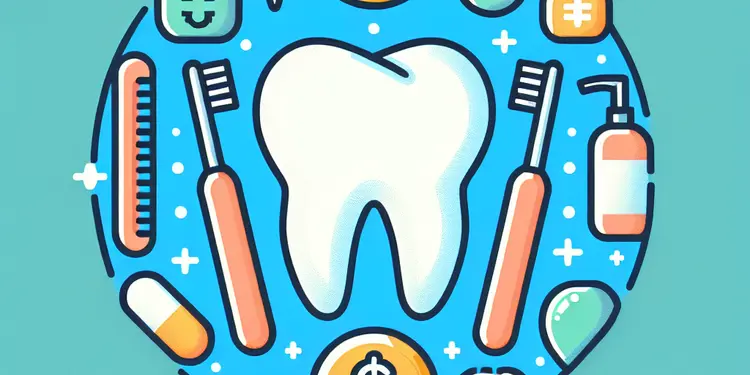
What if I need urgent dental care?
Relevance: 38%
-
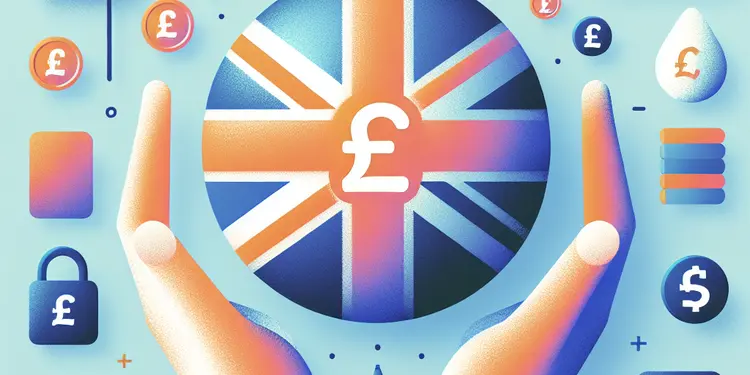
Are there self-help strategies for managing health-related anxiety?
Relevance: 37%
-

Can I get an emergency NHS dental appointment?
Relevance: 35%
-
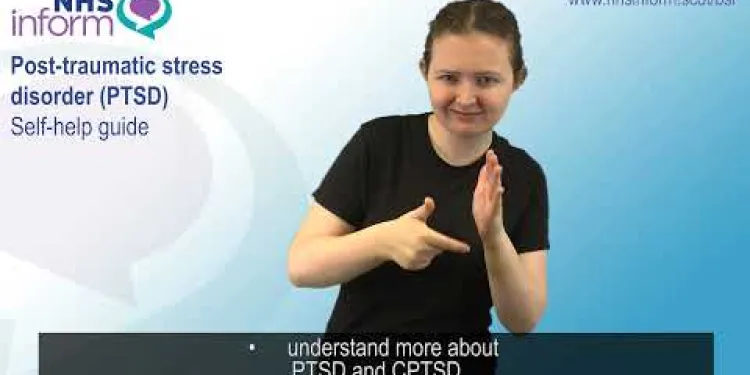
Post-traumatic stress disorder (PTSD) - Self-help guide
Relevance: 35%
-
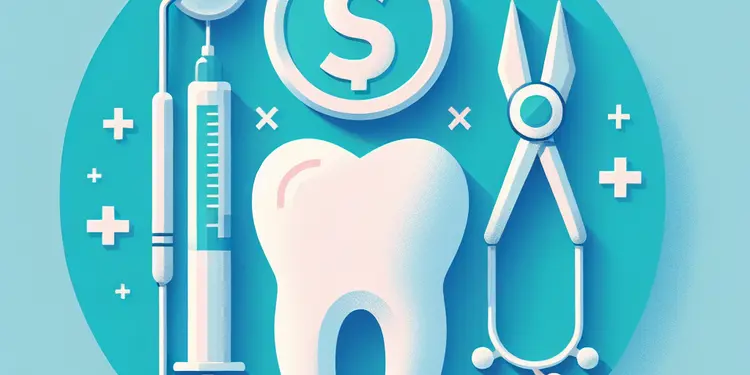
Do I need to be a registered patient to get emergency NHS dental care?
Relevance: 34%
-
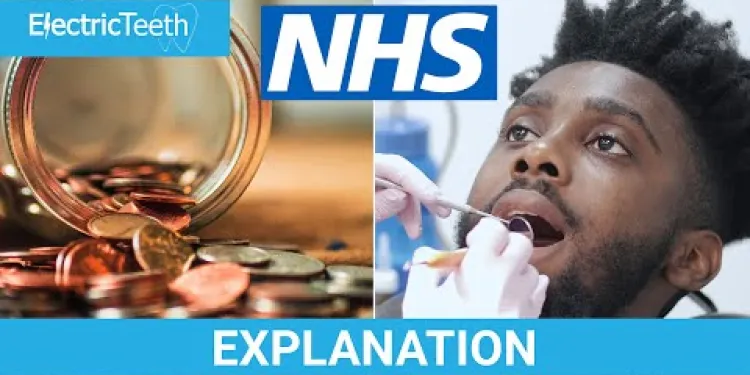
NHS Dental Charges Explained
Relevance: 33%
-
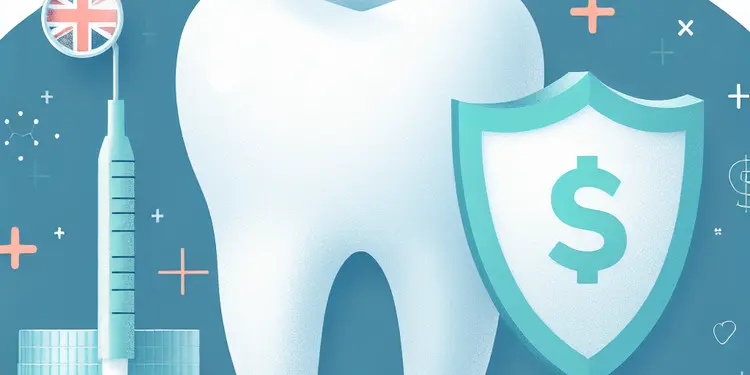
What treatments are covered by the NHS dental services?
Relevance: 33%
-

What treatments are covered by the NHS dental service?
Relevance: 33%
-
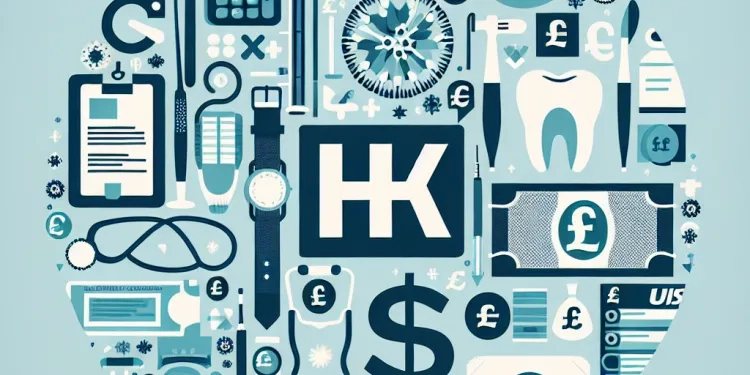
What should I bring to my NHS dental appointment?
Relevance: 32%
-
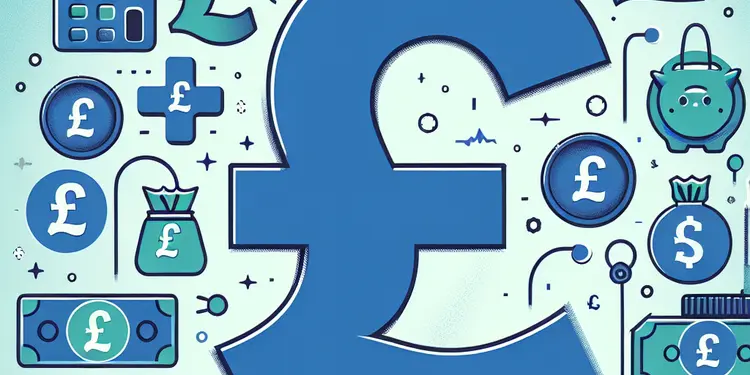
Are NHS dental charges different across the UK?
Relevance: 31%
-
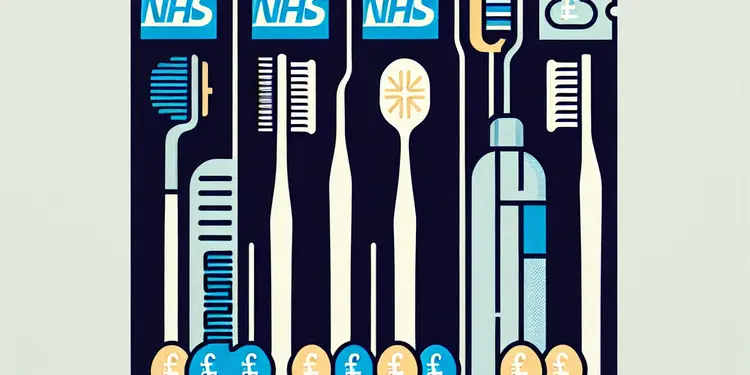
Are there waiting lists for NHS dental treatment?
Relevance: 31%
-

Is a mammogram painful?
Relevance: 31%
-
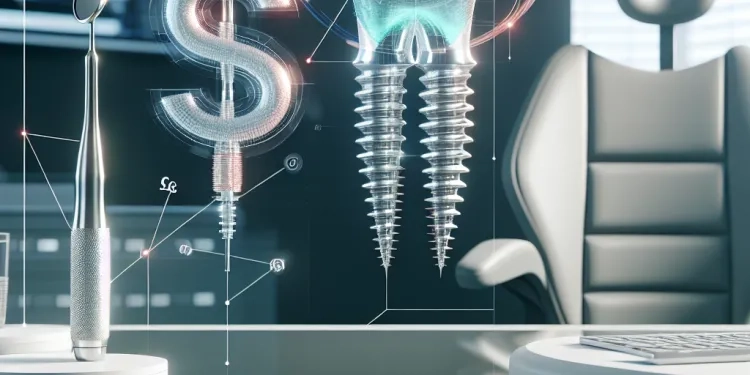
Can I get dental implants on the NHS?
Relevance: 31%
-

Is sedation available during NHS dental treatments?
Relevance: 31%
-

Are all dental appointments free on the NHS?
Relevance: 31%
-
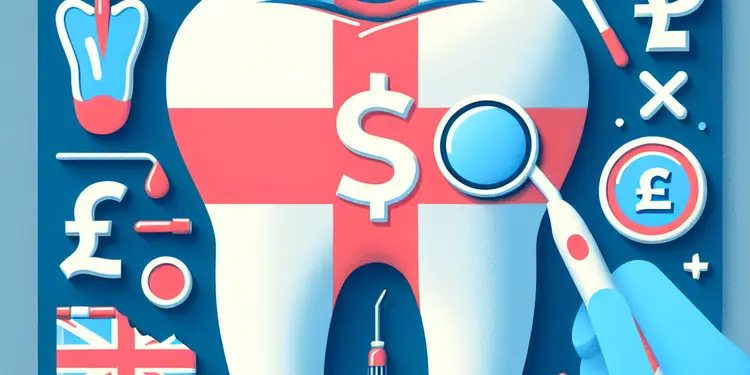
What if I'm not satisfied with my NHS dental treatment?
Relevance: 31%
-

Is it safe to get dental work done in Turkey?
Relevance: 30%
-
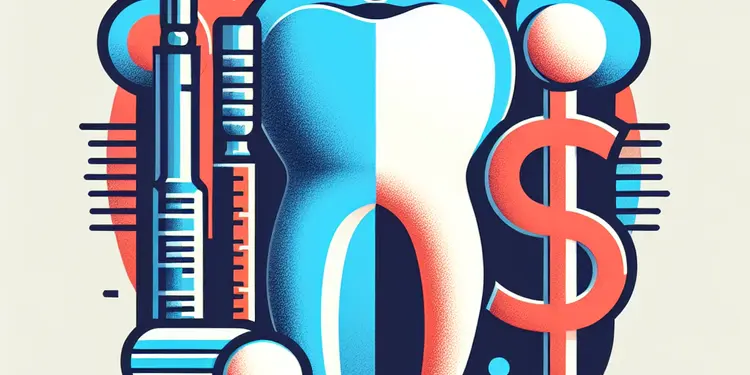
What is the role of dental sealants in preventing tooth decay?
Relevance: 30%
-

Are there any extra charges for NHS dental treatments?
Relevance: 30%
-
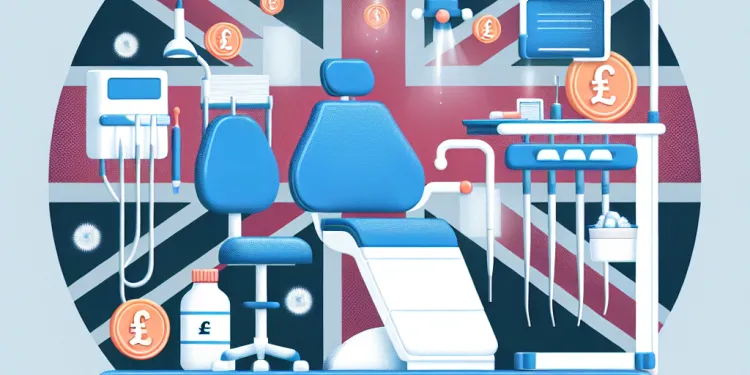
Will Brexit affect my access to NHS dental treatments?
Relevance: 30%
-
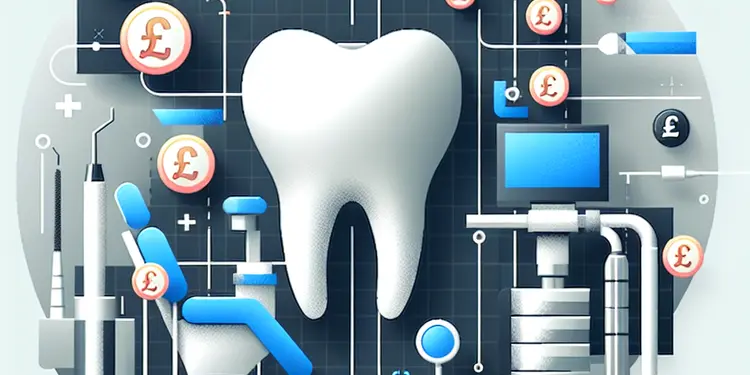
Can I get cosmetic dental treatment on the NHS?
Relevance: 30%
-
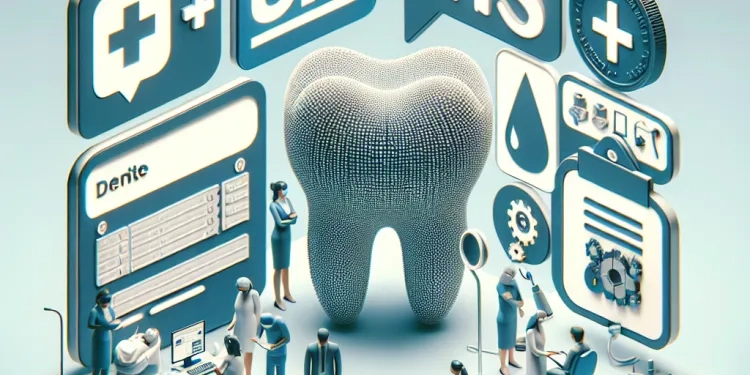
What happens if I miss my NHS dental appointment?
Relevance: 30%
-
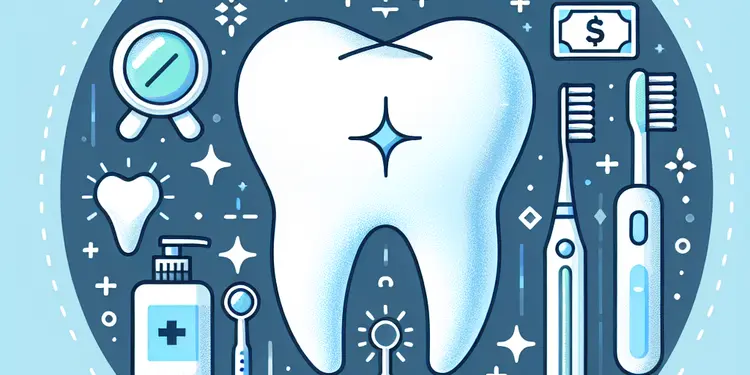
How do I choose the right dental clinic in Turkey?
Relevance: 30%
-
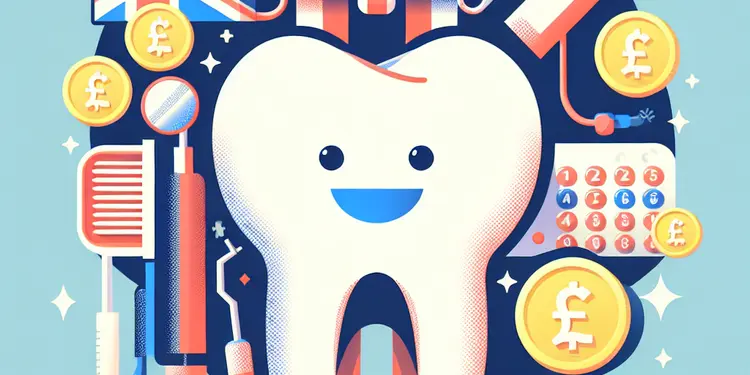
Can children get free NHS dental care?
Relevance: 29%
-

How often should I have a dental check-up on the NHS?
Relevance: 29%
-
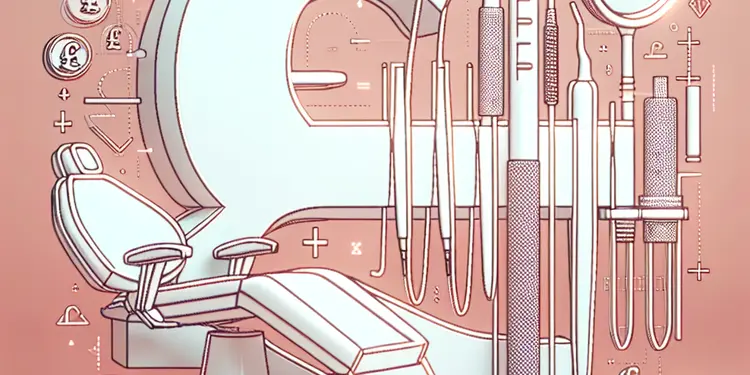
Can I use private dental services if I'm on the NHS list?
Relevance: 29%
-
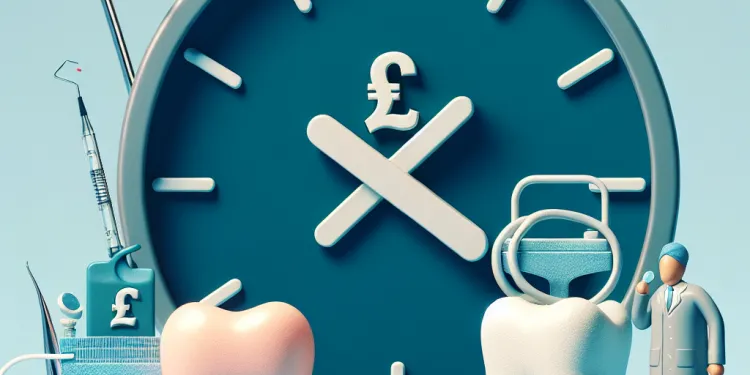
How long will I have to wait for an NHS dental appointment?
Relevance: 29%
-
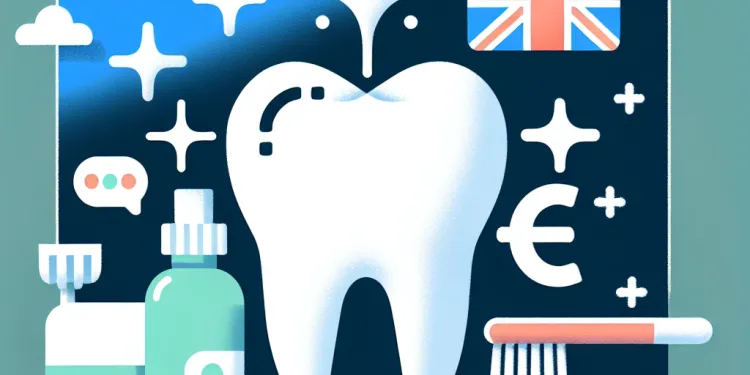
How do I know if I'm eligible for free NHS dental care?
Relevance: 29%
-
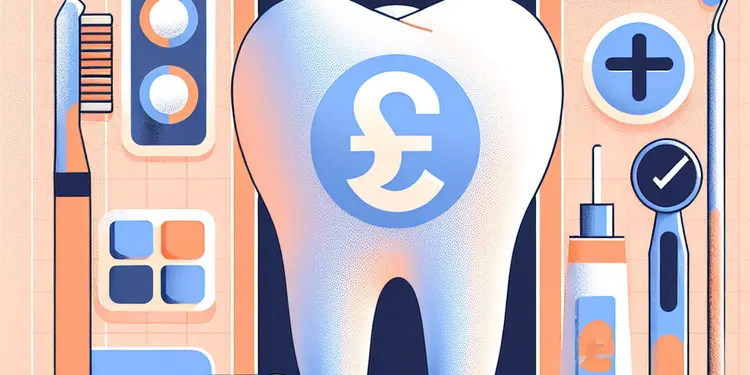
How much will I have to pay for NHS dental treatment?
Relevance: 29%
-
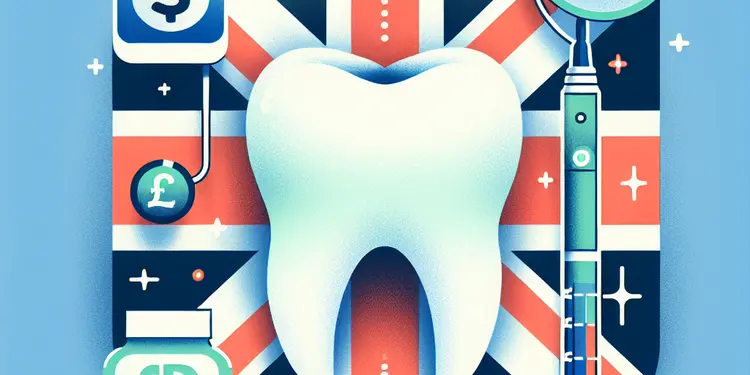
What languages do NHS dental clinics typically support?
Relevance: 28%
-
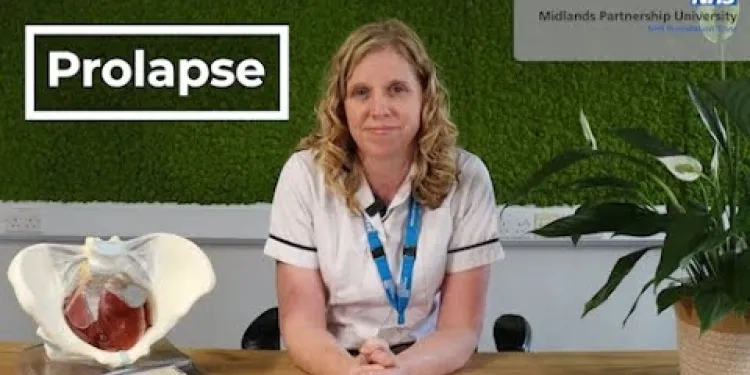
Prolapse Types and Tips
Relevance: 28%
-
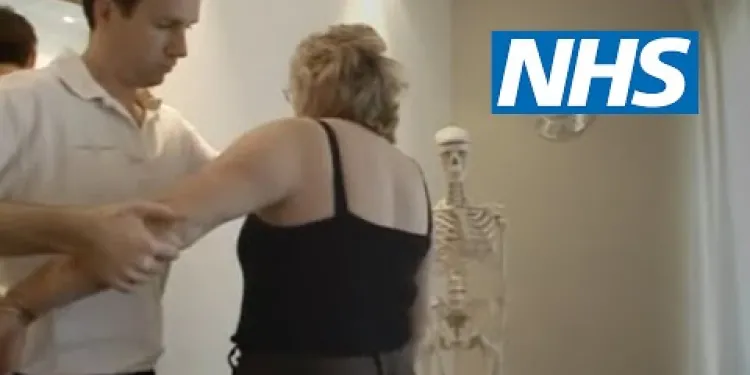
Shoulder pain | NHS
Relevance: 28%
-
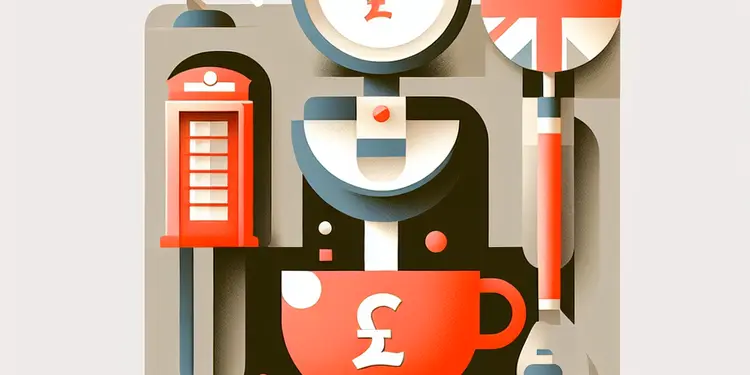
How can I provide feedback about my NHS dental care?
Relevance: 27%
-

Can I get Turkey Teeth if I have existing dental issues?
Relevance: 27%
-
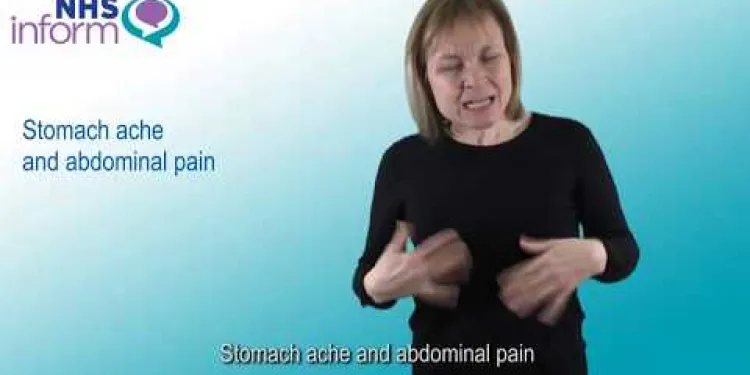
Stomach ache and abdominal pain
Relevance: 26%
-
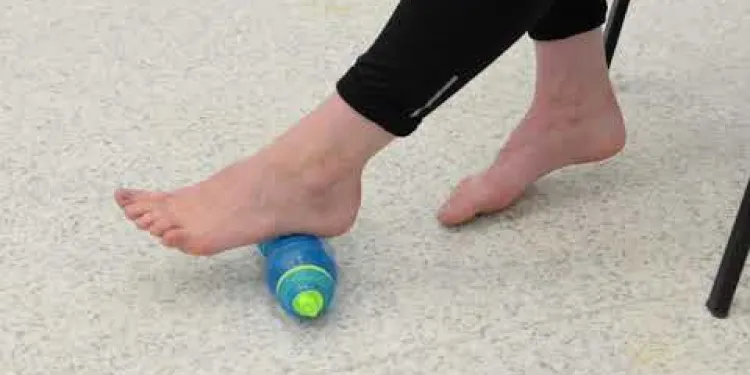
Foot Pain
Relevance: 26%
NHS 24 | Self-help Tips for Dental Pain
Introduction to Dental Pain
Dental pain can be a distressing experience for many individuals in the United Kingdom. Whether it's caused by tooth decay, an abscess, or gum disease, understanding how to manage and alleviate this pain is crucial. NHS 24 offers a range of self-help tips that can assist in managing dental pain until you can see a dentist.Over-the-Counter Pain Relief
For immediate relief from dental pain, over-the-counter pain medications such as paracetamol or ibuprofen can be very effective. Always follow the dosage instructions on the packaging and consult with a pharmacist if you have any underlying health conditions or are taking other medications.Good Oral Hygiene
Maintaining good oral hygiene is essential in preventing and managing dental pain. Make sure to brush your teeth twice daily with fluoride toothpaste and floss regularly to remove food particles and plaque that could cause further irritation or infection.Cold Compress
Applying a cold compress to the outside of your cheek near the affected area can help reduce swelling and numb the pain. Use an ice pack wrapped in a cloth and apply it for 10-15 minutes at intervals. Do not apply ice directly to your skin or teeth.Saltwater Rinse
A saltwater rinse can help to cleanse the oral cavity and reduce inflammation. Dissolve a teaspoon of salt in a cup of warm water and gently swish it around your mouth for 30 seconds before spitting it out. Repeat this process several times a day.Clove Oil
Clove oil is a natural remedy known for its pain-relieving properties. Apply a small amount to a cotton ball and place it on the sore tooth or gums. Be cautious, as clove oil can be potent, and excessive use may cause irritation.Avoid Hot and Cold Foods
During episodes of dental pain, try to avoid foods and drinks that are very hot or cold, as they can aggravate the pain. Stick to lukewarm or room temperature options to minimize discomfort.When to Seek Professional Help
While these self-help tips can provide temporary relief, it is important to seek professional dental care if the pain persists for more than a couple of days. Severe or prolonged dental pain may indicate a more serious issue that requires attention from a dentist.Conclusion
Dental pain can severely impact your quality of life, but these self-help tips from NHS 24 can help to manage and alleviate the discomfort until you are able to see a dentist. Remember, these measures are temporary solutions, and it is always advisable to seek professional care for persistent or severe dental issues.NHS 24 | Simple Tips for Tooth Pain
What Is Tooth Pain?
Tooth pain can be very uncomfortable. It might happen because of holes in your teeth, an infection, or gum problems. It's important to know how to make the pain better. NHS 24 gives helpful tips you can use until you see a dentist.Pain Medicine You Can Buy
To feel better fast, you can use medicine like paracetamol or ibuprofen from the shop. Always read how much to take on the box. Ask the pharmacist if you have health problems or take other medicine.Keep Your Teeth Clean
Brush your teeth twice a day with fluoride toothpaste. Floss to get out bits of food and keep germs away. This helps stop tooth pain and problems.Use a Cold Pack
Put a cold pack on your cheek near the sore spot. This can help with swelling and pain. Wrap ice in a cloth and put it on for 10-15 minutes. Don’t let ice touch your skin or teeth directly.Saltwater Mouthwash
Mix a teaspoon of salt in a warm cup of water. Swish it in your mouth for 30 seconds, then spit it out. Do this a few times a day to help with swelling.Try Clove Oil
Clove oil can help with pain. Put a little oil on a cotton ball and place it on the sore tooth or gums. Be careful—too much can irritate.Avoid Hot and Cold Foods
Hot or cold food and drinks can make tooth pain worse. Eat things that are warm or at room temperature to feel better.When to See a Dentist
These tips can help for a short time. See a dentist if your pain lasts more than a few days. Long pain might mean something serious.Summary
Tooth pain can be tough, but NHS 24 tips can help until you see a dentist. Remember, these are quick fixes. Always see a dentist for pain that doesn’t go away or is very bad.Frequently Asked Questions
What can I do for immediate relief from dental pain?
For immediate relief, rinse your mouth with warm salt water, take over-the-counter painkillers like paracetamol or ibuprofen, and apply a cold compress to the outside of your cheek.
Can I use a numbing gel for dental pain?
Yes, over-the-counter numbing gels that contain benzocaine can provide temporary relief for dental pain.
How do I know if I need to see a dentist urgently?
Seek urgent dental care if you have severe pain, swelling, fever, or difficulty breathing or swallowing.
Are there any home remedies that can help with dental pain?
Home remedies like clove oil, garlic, or a peppermint tea bag applied to the affected area can help alleviate pain temporarily.
Can a toothache go away on its own?
While mild toothache may go away on its own, it is usually a sign of an underlying issue that needs to be addressed by a dentist.
Is it safe to take antibiotics for dental pain?
Antibiotics may be prescribed by a dentist if there is an infection, but they should not be taken without a prescription.
How can I manage dental pain caused by braces?
Apply orthodontic wax to any brackets or wires causing irritation, rinse with salt water, and use over-the-counter pain relief as needed.
Can I use a warm compress for dental pain?
A warm compress can help if the pain is caused by muscle soreness or fatigue, but it is generally recommended to use a cold compress for toothaches.
Should I avoid certain foods and drinks if I have dental pain?
Yes, avoid very hot, cold, sugary, or acidic foods and drinks, as they can exacerbate dental pain.
Can poor oral hygiene cause dental pain?
Yes, poor oral hygiene can lead to cavities, gum disease, and other issues that cause dental pain. Regular brushing and flossing are essential.
What can I do for pain caused by a broken tooth?
Rinse your mouth with warm water, apply a cold compress, cover the broken tooth with dental wax or sugarless gum, and see a dentist as soon as possible.
Are there natural products that can help with dental pain?
Natural products like clove oil and peppermint tea can provide temporary relief, but they are not a substitute for professional dental care.
What should I do if my child has dental pain?
Rinse their mouth with warm salt water, use age-appropriate pain relief, and contact a dentist for further advice.
Can teething cause dental pain in babies, and what can I do to help?
Teething can cause discomfort; try using a teething ring, cold washcloth, or teething gels specifically designed for babies.
How often should I see a dentist to prevent dental pain?
It is recommended to see a dentist at least twice a year for routine check-ups and cleanings to prevent dental issues.
How can I stop tooth pain fast?
If you need quick help, you can try these steps:
Rinse your mouth with warm salt water. Take pain medicine like paracetamol or ibuprofen that you can buy at the store. Put a cold cloth on the outside of your cheek.
You can ask someone you trust to help you. You can also use apps that read text out loud or use pictures to understand better.
Can I use a numbing gel for tooth pain?
Do your teeth hurt? You might wonder if numbing gel can help.
Here is how numbing gel works:
- Numbing gel makes your mouth feel less pain.
- You can put it on your gums or teeth.
- It might help with toothaches.
Here are some things to think about:
- Ask an adult to help you use it safely.
- Read the instructions with an adult.
- Don't use too much.
If your teeth still hurt a lot, tell a parent or see a dentist.
Yes, you can buy numbing gels from the store. They have a thing called benzocaine in them. They can help stop tooth pain for a little while.
How do I know if I need to see a dentist quickly?
If you have a tooth problem, you might need to see a dentist fast. Here’s how you can tell:
- Is your tooth really hurting? A lot of pain means you need help soon.
- Is your mouth bleeding and won’t stop? This could be serious.
- Do you have a big swelling on your face? This might be an emergency.
- Did you lose a tooth from an accident? You might need to see a dentist quickly.
If you are unsure, ask an adult for help or call your dentist. They can tell you what to do.
Using a calendar or reminder tool can help you remember your dentist visits in good time.
Go to the dentist quickly if you have very bad pain, swelling, a high temperature, or find it hard to breathe or swallow.
Can things at home help with tooth pain?
Yes, some things at home can help if your tooth hurts. Here are a few ideas:
- Rinse your mouth with warm salty water. Mix a small spoon of salt in a cup of warm water.
- Put a cool, damp cloth on your face where it hurts.
- Try over-the-counter pain medicine like acetaminophen or ibuprofen. Ask an adult to help you.
Always see a dentist if your tooth keeps hurting.
You can try a few things at home to help with pain. You can use clove oil, garlic, or a peppermint tea bag. Just put them on the sore spot. This will help the pain go away for a little while.
Will my tooth stop hurting by itself?
If your tooth hurts a little bit, it might stop by itself. But it could mean there is a problem with your teeth. A dentist needs to check it out.
Can I take medicine for tooth pain safely?
Do you have a toothache? You may wonder if medicine can help.
Here are a few things to think about:
- Medicine like antibiotics is not always needed for tooth pain.
- It is best to talk to your dentist or doctor first.
- They can tell you the right way to feel better.
If reading is hard, try asking someone to read with you. You can also use apps that read text out loud or display larger print.
If you have an infection, your dentist might give you medicine called antibiotics. You should only take these if the dentist gives you a note saying you need them.
How can I take care of the pain from braces?
Put some orthodontic wax on any parts of your braces that are rubbing or hurting you. Rinse your mouth with salt water. If it still hurts, you can use medicine from the store to help with the pain.
Can I use something warm to help with tooth pain?
If your muscles hurt or feel tired, a warm cloth can help. But if you have a toothache, a cold cloth is usually better.
Do I need to stop eating or drinking certain things if my teeth hurt?
Yes, try not to eat or drink things that are very hot, very cold, too sweet, or too sour. These can make tooth pain worse.
Can bad mouth care make your teeth hurt?
Not brushing your teeth well can cause holes, sore gums, and other problems that make your teeth hurt. Brush and floss your teeth every day to keep them healthy.
How can I help a hurting tooth?
Wash your mouth with warm water, hold something cold on your face, cover the broken tooth with soft dental wax or sugar-free gum, and visit a dentist quickly.
Can natural things help tooth pain?
Yes, some natural things can help if your teeth hurt.
- Clove oil can make tooth pain feel better. Use a little bit on a cotton ball and put it on the sore spot.
- Rinsing your mouth with warm salt water can help. Mix a bit of salt in warm water and swish it around in your mouth.
- Ice pack can make the pain less. Put it on your cheek where it hurts.
If the pain does not go away, it's a good idea to see a dentist.
Things like clove oil and peppermint tea can help a little bit, but they can't replace going to the dentist.
What can I do if my child's teeth hurt?
If your child's teeth are hurting, here are some steps you can take:
- Stay calm and help your child feel at ease.
- Place a cold cloth on their cheek where it hurts.
- Give them a soft food that won't hurt their teeth.
- After the pain goes away, make sure to brush their teeth gently.
- Call the dentist to get an appointment.
Remember, taking care of teeth with gentle brushing and regular dentist visits helps prevent pain.
Have them rinse their mouth with warm salty water. Give medicine for pain that is right for their age. Call the dentist for more help.
Do babies get sore gums when teething, and how can I help?
Yes, babies can have sore gums when they are teething. Here are some ways you can help:
- Give your baby a cold teething ring to chew on.
- Gently rub your baby's gums with a clean finger.
- Use a soft cloth to wipe their face, as they might drool a lot.
- Offer a pacifier if it helps soothe them.
You can also:
- Ask your doctor if it's okay to use a small amount of teething gel.
- Make sure your baby gets lots of cuddles and attention.
If your baby is very upset, talk to a doctor. They can give more advice.
When babies start growing teeth, it can hurt them. You can help by giving them a teething ring, a cold washcloth, or special teething gel made for babies.
How many times should I go to the dentist to stop tooth pain?
It is good to see the dentist two times a year. This can help keep your teeth healthy and stop pain.
If you ever feel pain or something feels wrong, tell a grown-up and go to the dentist soon.
Here are some tips to help you remember:
- Use a calendar to mark your dentist days.
- Ask an adult to remind you when it is time to go.
- Use a phone reminder alarm.
You should go to the dentist two times every year. The dentist will check your teeth and clean them. This helps keep your teeth healthy and stops problems before they start.
Useful Links
This website offers general information and is not a substitute for professional advice.
Always seek guidance from qualified professionals.
If you have any medical concerns or need urgent help, contact a healthcare professional or emergency services immediately.
Some of this content was generated with AI assistance. We’ve done our best to keep it accurate, helpful, and human-friendly.
- Ergsy carfully checks the information in the videos we provide here.
- Videos shown by Youtube after a video has completed, have NOT been reviewed by ERGSY.
- To view, click the arrow in centre of video.
- Most of the videos you find here will have subtitles and/or closed captions available.
- You may need to turn these on, and choose your preferred language.
- Go to the video you'd like to watch.
- If closed captions (CC) are available, settings will be visible on the bottom right of the video player.
- To turn on Captions, click settings .
- To turn off Captions, click settings again.
More Items From Ergsy search
-

NHS 24 | Self-help tips for dental pain
Relevance: 100%
-

BSL - Insomnia self-help tips
Relevance: 57%
-

Dental Health: Tips for All Ages
Relevance: 53%
-

NHS 24 | How to get help for dental pain
Relevance: 52%
-

What if I need urgent dental care?
Relevance: 38%
-

Are there self-help strategies for managing health-related anxiety?
Relevance: 37%
-

Can I get an emergency NHS dental appointment?
Relevance: 35%
-

Post-traumatic stress disorder (PTSD) - Self-help guide
Relevance: 35%
-

Do I need to be a registered patient to get emergency NHS dental care?
Relevance: 34%
-

NHS Dental Charges Explained
Relevance: 33%
-

What treatments are covered by the NHS dental services?
Relevance: 33%
-

What treatments are covered by the NHS dental service?
Relevance: 33%
-

What should I bring to my NHS dental appointment?
Relevance: 32%
-

Are NHS dental charges different across the UK?
Relevance: 31%
-

Are there waiting lists for NHS dental treatment?
Relevance: 31%
-

Is a mammogram painful?
Relevance: 31%
-

Can I get dental implants on the NHS?
Relevance: 31%
-

Is sedation available during NHS dental treatments?
Relevance: 31%
-

Are all dental appointments free on the NHS?
Relevance: 31%
-

What if I'm not satisfied with my NHS dental treatment?
Relevance: 31%
-

Is it safe to get dental work done in Turkey?
Relevance: 30%
-

What is the role of dental sealants in preventing tooth decay?
Relevance: 30%
-

Are there any extra charges for NHS dental treatments?
Relevance: 30%
-

Will Brexit affect my access to NHS dental treatments?
Relevance: 30%
-

Can I get cosmetic dental treatment on the NHS?
Relevance: 30%
-

What happens if I miss my NHS dental appointment?
Relevance: 30%
-

How do I choose the right dental clinic in Turkey?
Relevance: 30%
-

Can children get free NHS dental care?
Relevance: 29%
-

How often should I have a dental check-up on the NHS?
Relevance: 29%
-

Can I use private dental services if I'm on the NHS list?
Relevance: 29%
-

How long will I have to wait for an NHS dental appointment?
Relevance: 29%
-

How do I know if I'm eligible for free NHS dental care?
Relevance: 29%
-

How much will I have to pay for NHS dental treatment?
Relevance: 29%
-

What languages do NHS dental clinics typically support?
Relevance: 28%
-

Prolapse Types and Tips
Relevance: 28%
-

Shoulder pain | NHS
Relevance: 28%
-

How can I provide feedback about my NHS dental care?
Relevance: 27%
-

Can I get Turkey Teeth if I have existing dental issues?
Relevance: 27%
-

Stomach ache and abdominal pain
Relevance: 26%
-

Foot Pain
Relevance: 26%


